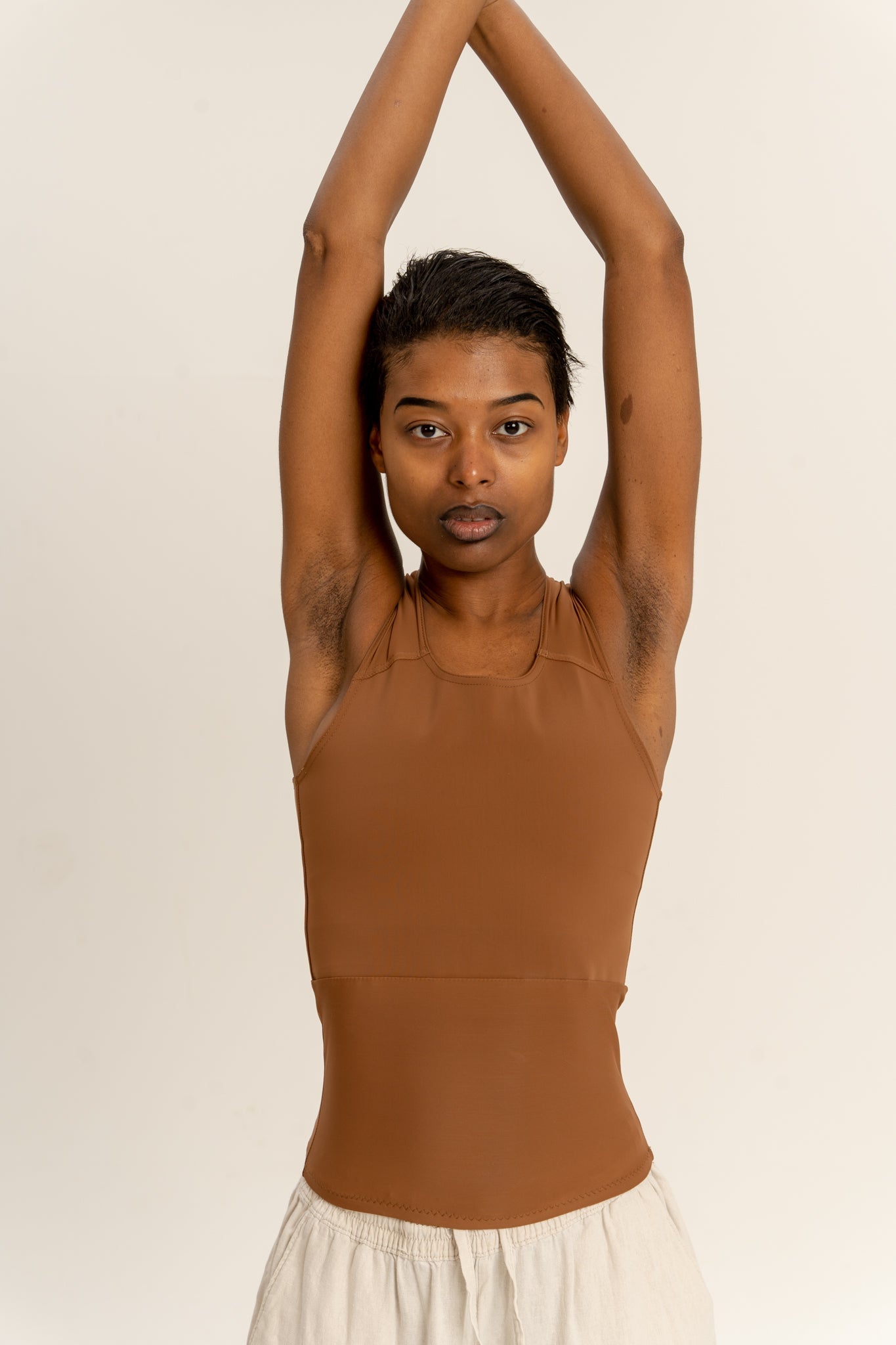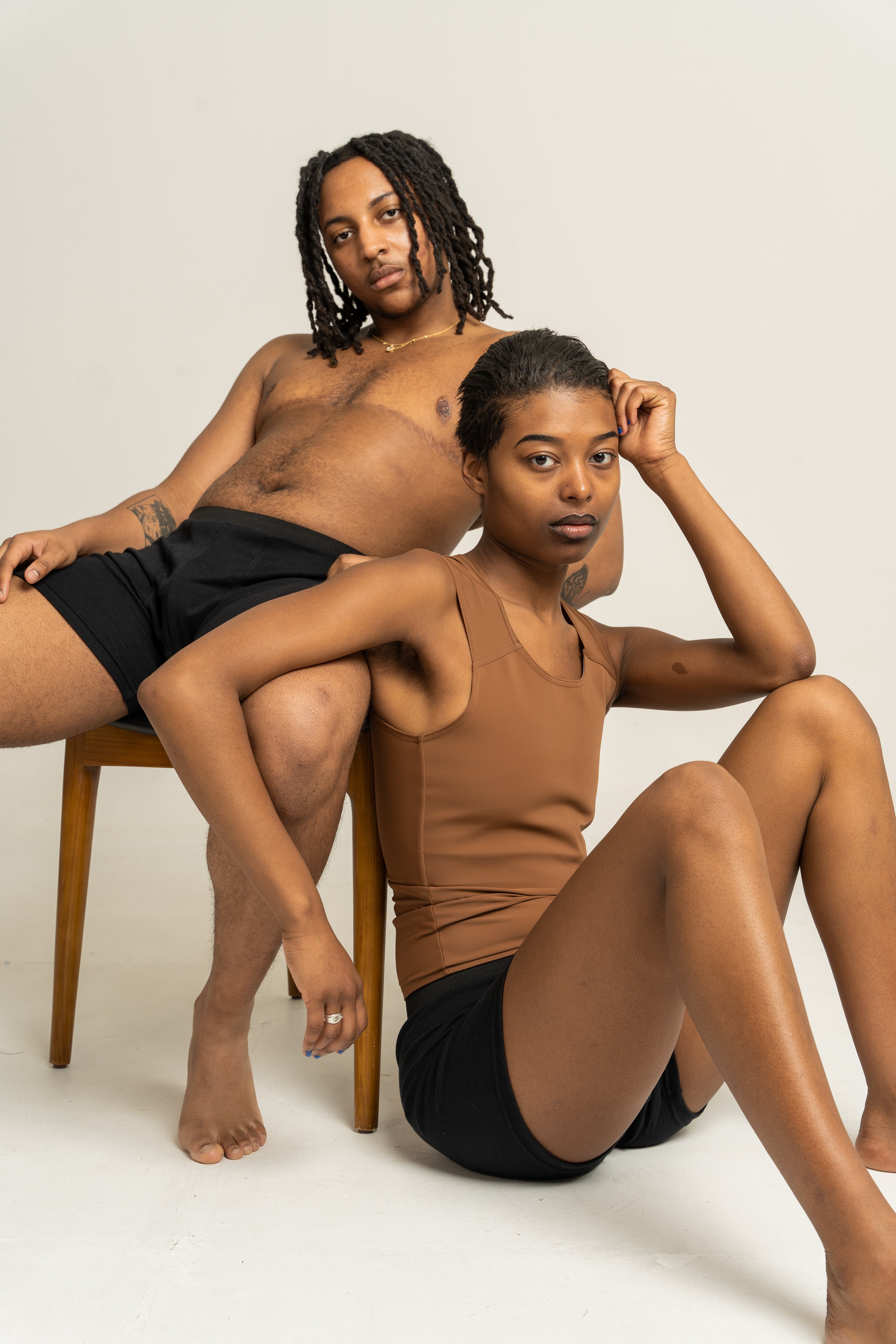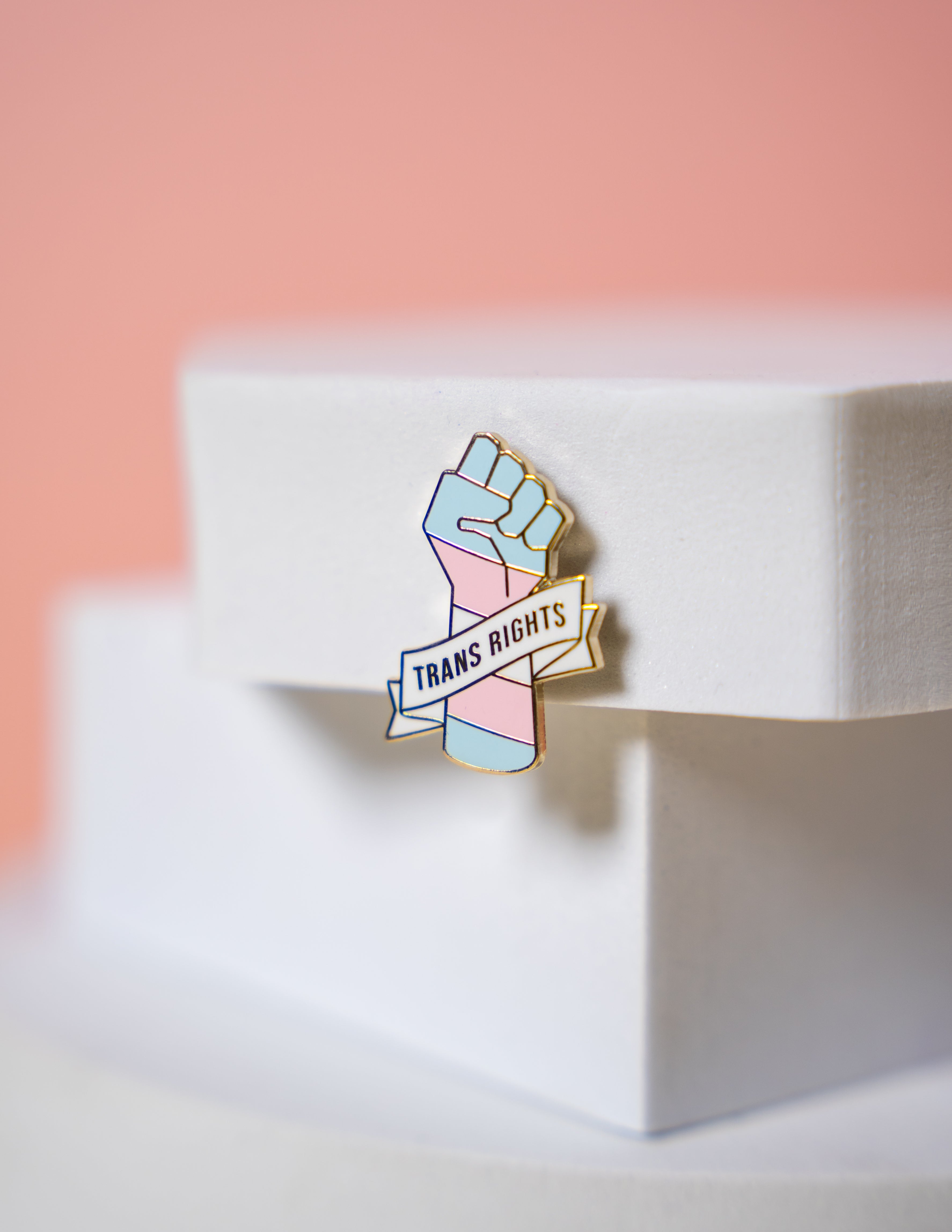Neurodivergence is much more common in the LGBTQIA+ community: Here's our research on the link and how we're working to make life easier for those people.
Neurodivergence refers to an individual who has a less typical cognitive variation, this can fall under various diagnoses, such as; Autism, ADHD, dyslexia, dyspraxia etc. Gender identities which differ from biological sex (non-cisgender identities) appear to be more common among neurodivergent people. It is estimated that for autistic people, the prevalence of also being LGBT+ is 2-3x higher. In a study on young people with ADHD, it was found they were 6.6x more likely to experience gender variance compared to their neurotypical counterparts.
Coming out
Being neurodivergent can also affect how soon people come out as being LGBT+. Often people report a delay in recognising their gender identity as they face general struggles identifying with their own feelings and desires.
There may also be less education and fewer experiences for neurodivergent people which lead to developing an understanding of their gender identity. For example autistic students often had inadequate education about sexual orientation and have social barriers to exploring their gender and or sexual identity.
Many autistic people also have a limited network of social connections which can reduce their exposure to diversity, leaving them with fewer LGBTQ+ role models.
Autistic people may therefore take longer to explore what feels right and natural for them in terms of gender roles and expressions.
It’s really important to know this is okay and it’s great to take time in exploring your options until you find what feels comfortable for you.
Sensory Issues
Due to the way neurodivergent people process information, they often experience sensory issues. We have designed our binders with this in mind. For this reason, our binders are made to be around half of the thickness of other binders on the market. We also have ensured they are enjoyable to wear.
Need a bit more softness? Washing with a fabric conditioner even just once will allow the fabric to become softer to touch.
We have a breathable fabric across the back of the binder to allow heat to escape easily lower and allow our customers to feel comfortable.
We also suggest (and sometimes have available on our store) fidget toys which are often recommended by occupational therapists to help people with Attention Deficit Hyperactivity Disorder ADHD or autism to concentrate by helping them to filter out extra sensory information that would otherwise be distracting.
Sensory toys are designed to improve focus, relieve nervous energy, reduce anxiety, and reduce sensory and psychological stress. They can provide relief in stressful or high-pressure situations.
Social Inclusion
Identifying as LGBT and being neurodivergent can cause additional difficulties for some people. Both identities are minorities which means It can already be difficult to feel like you identify with others.
Research has shown having multiple 'minority identities' increases social challenges and makes it harder to fit in with groups. This can make people feel really isolated and ‘different’.
To combat against this social exclusion we have a Facebook group which we hope will be used to reach out to the other likeminded people who use our products. We also have a number of resources and links on our site which may help our neurodivergent customers understand their gender experience a little better.






